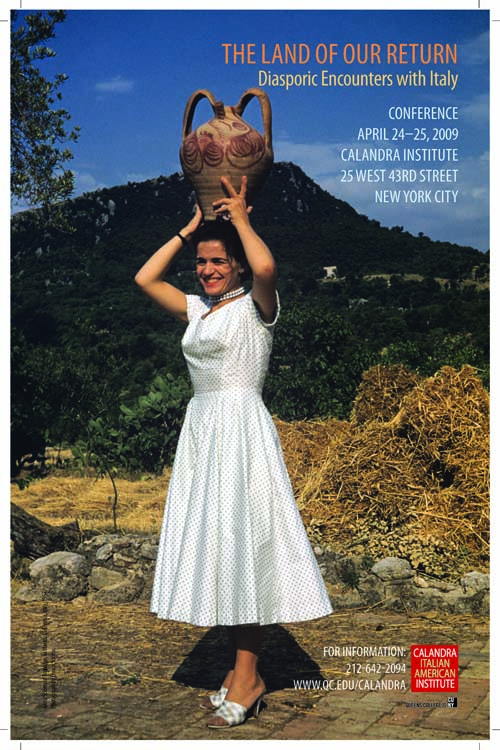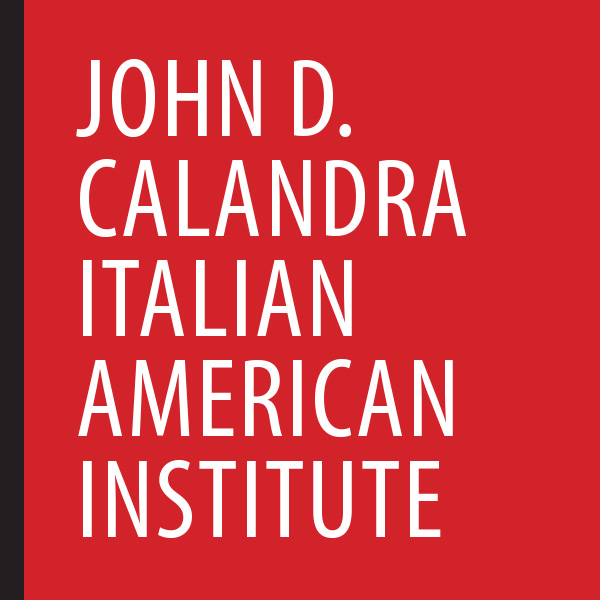
The Land of our Return: Diasporic Encounters with Italy
For Virgil’s Aeneas, Italy was “the land of our return” (in Robert Fagles’ 2006 translation), the place his ancestor Dardanus left generations earlier. The Aeneid is thus an epic recounting of the Trojan hero’s return, or nostos, to Italian soil. This poetic conceit offers numerous possibilities to explore the political, economic, social, and cultural impact of historical and contemporary travel and communication by Italian emigrants and their descendants to Italy.
Italian emigration was the largest movement of free labor in world history with over twenty-six million people emigrating from the 1870s to the 1970s. Italian emigrants’ objective was, for the most part, to make enough money and return home. Close to half the emigrants traveling to the Americas returned to Italy between 1905 and 1920. According to historian Donna Gabaccia , “The paese (town) had created its diaspora, but the diaspora in turn transformed the paese.” What was the impact of returning emigrants and their descendants on the home society?
The political dimensions of return are evident in the transnational movement of anarchists, as well as Risorgimento and later anti-fascist refugees. Religious belief and practice have long been a critical aspect of emigrant return, with remittances sent as donations pinned to the processed religious statue and post-World War II laborers visiting the hometown during the annual festa.
After World War II, Italian Americans journeyed to Italy increasingly as tourists and by the 1970s travel agencies began catering to this “ethnic roots” market. There, Italian Americans experienced the disparity between personal connections to an ancestral paese and the ever changing reality of the larger nation. In recent years, a growing number of descendants of Italian emigrants are reclaiming their Italian citizenship.
The imagined and actual “return” has historically been a source of creativity in all artistic genres, from comedian Eduardo “Farfariello” Migliaccio’s 1917 song “Pascale e’ Turnato d’all’Italia” to author Helen Barolini ’s 1979 novel Umbertina, to director Frank Ciota ’s 2002 film Ciao America.
The John D. Calandra Italian American Institute’s second annual conference addresses the theme of “return” during its three-day event.

Recent Comments